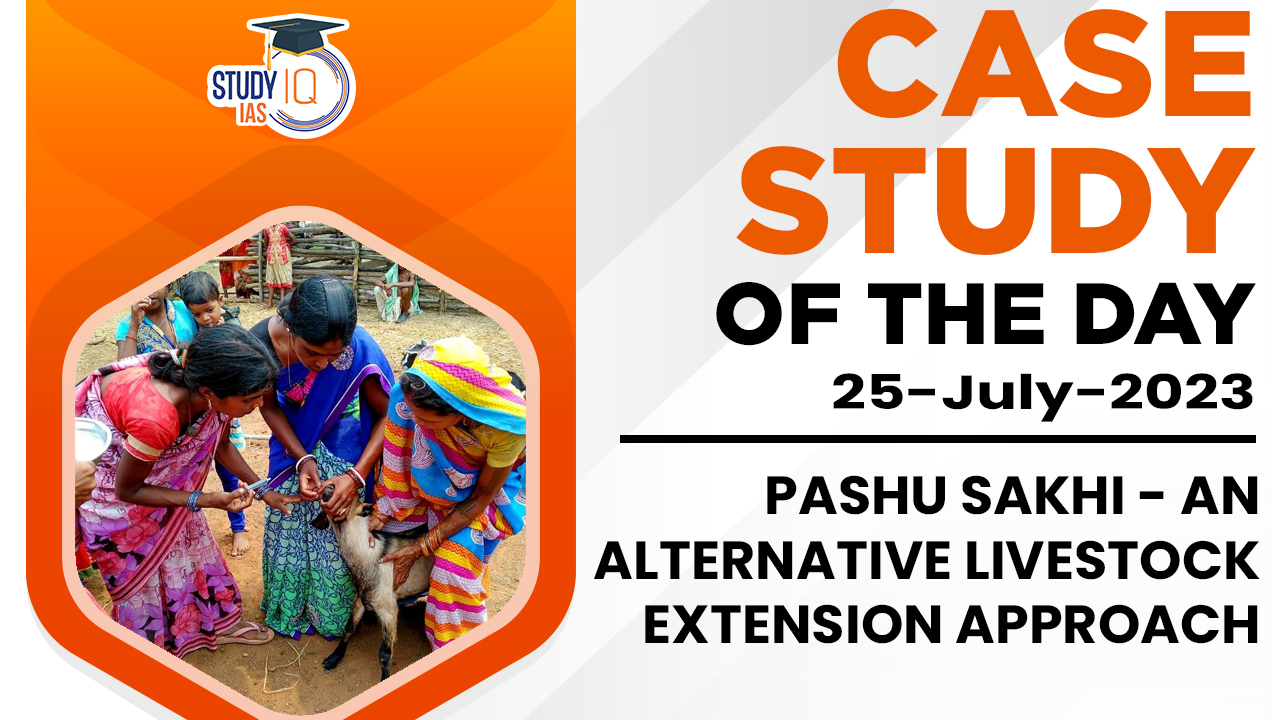Table of Contents
Introduction
The Pashu Sakhi program is an alternative livestock extension approach that was developed in India in response to the shortcomings of traditional extension methods. The program trains semi-literate women as Pashu Sakhis, or livestock friends, who then provide extension services to other livestock farmers in their communities.
Objectives
The objectives of the Pashu Sakhi program are to:
- Improve the health and productivity of livestock
- Increase the income of livestock farmers
- Empower women in rural communities
Approach
The Pashu Sakhi program is a community-based approach. Pashu Sakhis are selected by the community and their roles and responsibilities are discussed with the family heads. The training for Pashu Sakhis is participatory and focuses on key knowledge, skills, and attitudes required to function as a Pashu Sakhi. The training covers topics such as animal health, nutrition, breeding, and management.
Impact
The Pashu Sakhi program has had a positive impact on the livestock sector in India. The program has helped to improve the health and productivity of livestock, which has led to increased income for livestock farmers. The program has also empowered women in rural communities, as Pashu Sakhis are now able to earn an income and contribute to the decision-making process in their households.
Conclusion
The Pashu Sakhi program is an innovative approach to livestock extension that has had a positive impact on the livestock sector in India. The program is community-based and empowers women, making it a sustainable and effective way to improve the livelihoods of livestock farmers.


 Future of Governance in Post-Maoist Indi...
Future of Governance in Post-Maoist Indi...
 Sabka Bima Sabki Raksha Amendment Bill 2...
Sabka Bima Sabki Raksha Amendment Bill 2...
 MP Police Answer Key 2025 Out at esb.mp....
MP Police Answer Key 2025 Out at esb.mp....

























